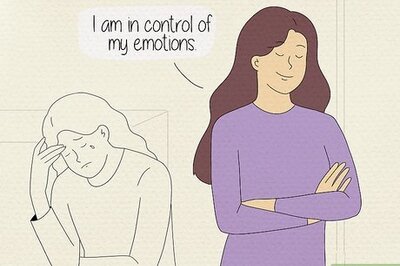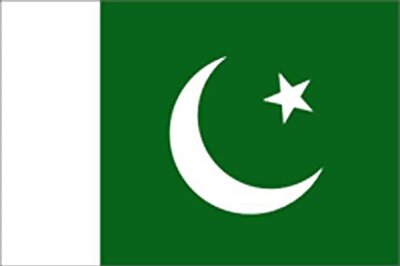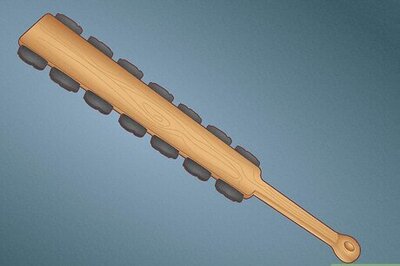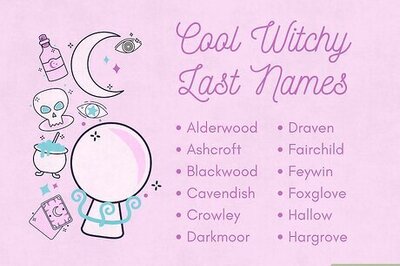
views
COLOMBO: Sarath Fonseka, Democratic National Alliance (DNA) leader and former Sri Lankan army chief, said that power should be devolved to the Tamil minority only after trust between the Sinhalese and the Tamils is restored.“There is so much mistrust and suspicion between the two communities built up over the years by politicians on both sides of the ethnic divide. This is why solutions like devolution of power is not accepted by the Sinhalese,” he told Express at his country retreat in Thalawathugoda outside Colombo, Sri Lanka.“They are jittery about offering anything because they do not trust them (the Tamils). If any party or country is really interested in ethnic reconciliation in Lanka, it should, first of all, help bring about mutual trust,” Fonseka added.“Trust can be restored only by allowing people of various ethnicities to live and do business with each other. But it will not come overnight. You need time. It may take 20 years, may be a generation of living together. We have to be patient. After all, the distrust we see today is the result of 30 years of fighting,” he explained.On why Lanka could not implement the devolution scheme already in existence in the constitution (the 13th Amendment), Fonseka said that anything could be written on paper or the Constitution but it could be implemented only if the people had trust in each other. “This is the reality. What is on paper is not real,” he said.On the heavy presence of the army in the Tamil-speaking Northern Province and its interference in civil administration, Fonseka said that the army should be there and appealed to Tamil politicians not to ask the army to get out.Asked about the discontent among the Tamils over the re-arrest of some former LTTE cadre, Fonseka said that some hardcore terrorists were still at large. “Two hundred hardcore terrorists can terrorise the people with bomb blasts here and there. As a military man, I don’t believe that in the recent incidents of death by shooting in army camps in North, the soldiers had shot each other,” he said, hinting that these could be the work of terrorists. Fonseka was critical of the rehabilitation of the ex-LTTE cadre. “Rehabilitation does not mean teaching a former cadre some carpentry or encouraging a soldier to marry an ex-militant girl. Rehabilitation must ensure that the militant’s mind has changed,” he said.When asked about charges levelled against Lanka at the United Nations Human Rights Council (UNHRC), Fonseka said that the fault lay with the Rajapaksa government’s policy of “hugging and kissing” dictatorships while alienating the democracies.“We have a lot to learn from the democracies. We should learn to correct ourselves. We can’t blame other countries for our plight. But I totally reject the war crime charges and the allegation that thousands were killed or that hospitals were bombed,” he said.“I monitored every four-man and eight-man team into which I had divided the army, 24 hours of the day, right through the two years and nine months of the operations,” he said. “During the fighting, I saw to it that we fired only after civilians had gone back to safer places. We set up safe zones and avoided using heavy weapons. We had UAVs watching what was going on the LTTE side,” Fonseka added.


















Comments
0 comment